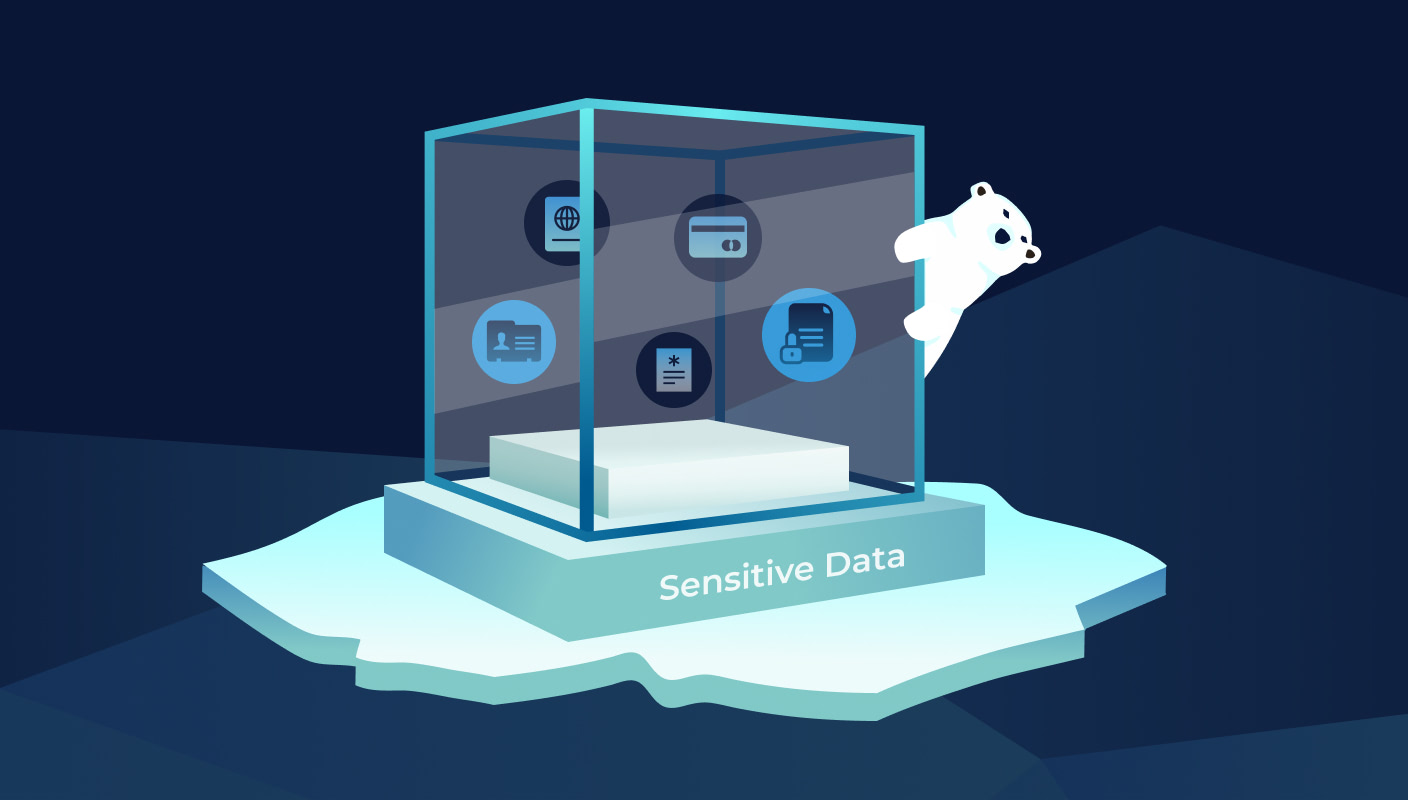It’s Classified: Security Measures For Sensitive Business Contracts

Business contracts often contain sensitive information that needs to be stored securely. Whether it’s intellectual property, trade secrets, or confidential customer records, businesses need to take the proper security measures to protect their contracts. But what are the best practices for keeping these documents safe?
Risk Assessment
In addition to physical and digital security measures, companies should also assess the risks associated with their sensitive data. This involves identifying potential threats and vulnerabilities, such as malicious actors or weak IT infrastructure. Companies should then develop a plan for mitigating these risks. This could include implementing access control systems, training staff on best practices for data handling, or requiring third-party vendors to sign non-disclosure agreements.
Businesses should also establish regular reviews of their security protocols and update them when necessary. For example, if new technologies become available that can further protect confidential information, companies should consider incorporating them into their existing system. Companies may want to consider an audit of their data practices on a periodic basis in order to ensure that all processes are being followed correctly.
It is important for businesses to have procedures in place for responding to any potential breach of sensitive data. This includes quickly notifying those affected by the breach and any relevant authorities while taking steps to prevent future incidents from occurring.
## Physical Security Measures
To further protect business contracts with highly sensitive information, it is also important to consider physical security measures. This includes storing the documents in secure locations and limiting access to them only to those with a need-to-know. Companies should also consider implementing additional measures such as CCTV cameras, secure locks, and electronic access control systems.
Companies should also take steps to ensure that employees understand their roles and responsibilities when handling sensitive data. This includes providing training on best practices for data security, such as maintaining confidentiality and preventing unauthorized access or copying of documents. Additionally, companies should have procedures in place for proper disposal of confidential materials when they are no longer needed.
Digital Security Measures
In addition to physical security measures, businesses should also consider digital security measures to protect business contracts with highly sensitive information. Digital security measures help to protect documents from unauthorized access or modification and ensure that only those with the necessary permissions can view the documents.
These measures include encryption technology, which scrambles data so that only authorized users with the correct key can decode it. Additionally, companies should implement authentication methods, such as passwords and biometric scanners, to ensure that only authorized individuals can access the documents. Companies should also have procedures in place for regularly backing up their data in case of a system failure or data breach.
Cloud computing software is an increasingly popular option for businesses looking to store sensitive information. It is a secure, efficient and cost-effective way to store and access data from anywhere, any time. Cloud computing provides businesses with the ability to store, access and manage data in a secure environment. For organizations looking to take advantage of cloud computing, services from GSI can provide assistance with the integration process.
It is also important for businesses to be aware of any potential threats and take steps to mitigate them by implementing regular cyber security awareness training and developing policies for securely transferring information between parties.
Access Control Protocols
In addition to encryption and authentication, businesses should also implement access control protocols to ensure the safety of their confidential information. Access control protocols involve setting up different levels of access for users, allowing only certain individuals to view or modify documents with sensitive information. This helps to prevent unauthorized access and ensures that only those with the necessary permissions can make changes to the documents.
It is important for businesses to monitor who has access to their sensitive information and regularly review security settings. Companies should also consider implementing two-factor authentication, which requires two forms of identification before allowing users to gain entry into a system. This additional layer of security can help prevent unauthorized access and further protect confidential information from potential threats.
Backup And Recovery Strategies
In addition to access control protocols, businesses should also develop and implement backup and recovery strategies for their highly sensitive information. Backing up documents frequently and storing them in secure locations is essential for ensuring that data remains safe in the event of a system failure or breach. It is advisable to implement an automated system to ensure that backups are created on a regular basis.
Businesses should also have plans in place for recovering lost or stolen information. This may include having redundant systems in place so that operations can quickly resume if data is lost due to malicious intent or accidental deletion. Having a well-defined incident response plan can help businesses quickly identify when there has been a breach and take the proper steps to mitigate any damage done by the intruder.
Monitoring And Auditing Procedures
To further secure highly sensitive information, businesses should create and implement monitoring and auditing procedures. Consistent monitoring of access to confidential data can help identify any suspicious activity or attempts to breach security protocols. It is also important to regularly audit the security systems in place and update them as needed in order to remain up-to-date with the latest cybersecurity technologies.
Businesses should also consider implementing additional measures such as encryption and tokenization for extra protection of confidential data. Encryption can help make sure that only authorized users are able to access sensitive information, while tokenization can obscure the data itself so that it cannot be stolen or used maliciously. Companies should also maintain an inventory of all their digital assets, including contracts and other business documents, so that they know where their information is stored at all times.
With these steps in place, businesses can significantly reduce their risk of storing highly sensitive information while increasing their overall security posture.



